Has media planning become more science than art?
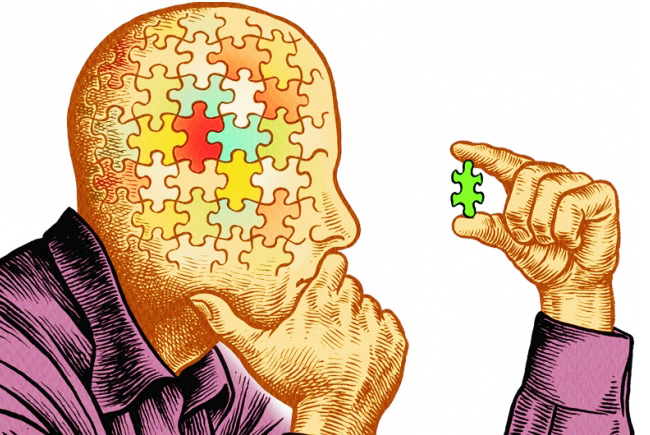
As focus on digital technology and insight has grown, media has had to evolve but do we need to give up on art, creativity, and instinct of media planning to fully embrace science, measurement, and data?
Mediatel News spoke to industry leaders to find out more about how they see the balance between art and science in media planning going forward.
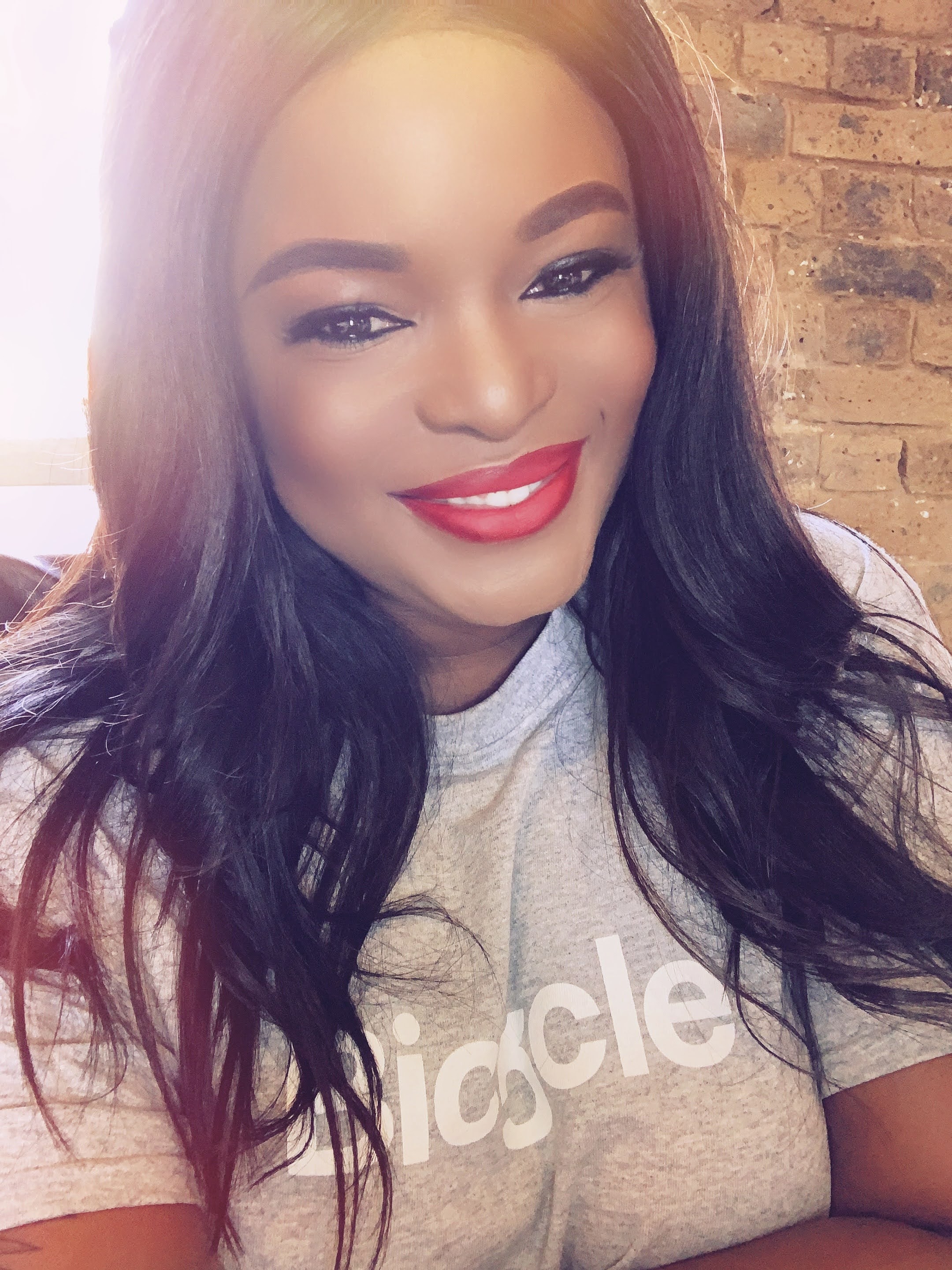
Lauren Ogundeko
Chief digital officer and co-founder at Bicycle
“The growth and access in data and tech has naturally led to media planning leaning towards more science than art; this isn’t going away any time soon.
“However, brands are still looking for people (emphasis on the word people) to lean on their experience and their knowledge as much as the data to give real life strategic direction.
“Good media planning has to be balanced between embracing modern practices and leaning on years of deep media expertise. Human emotions, behaviours and nuances are things science cannot replace or replicate, this, in my opinion, is the art that brings this powerful specialism to life.”
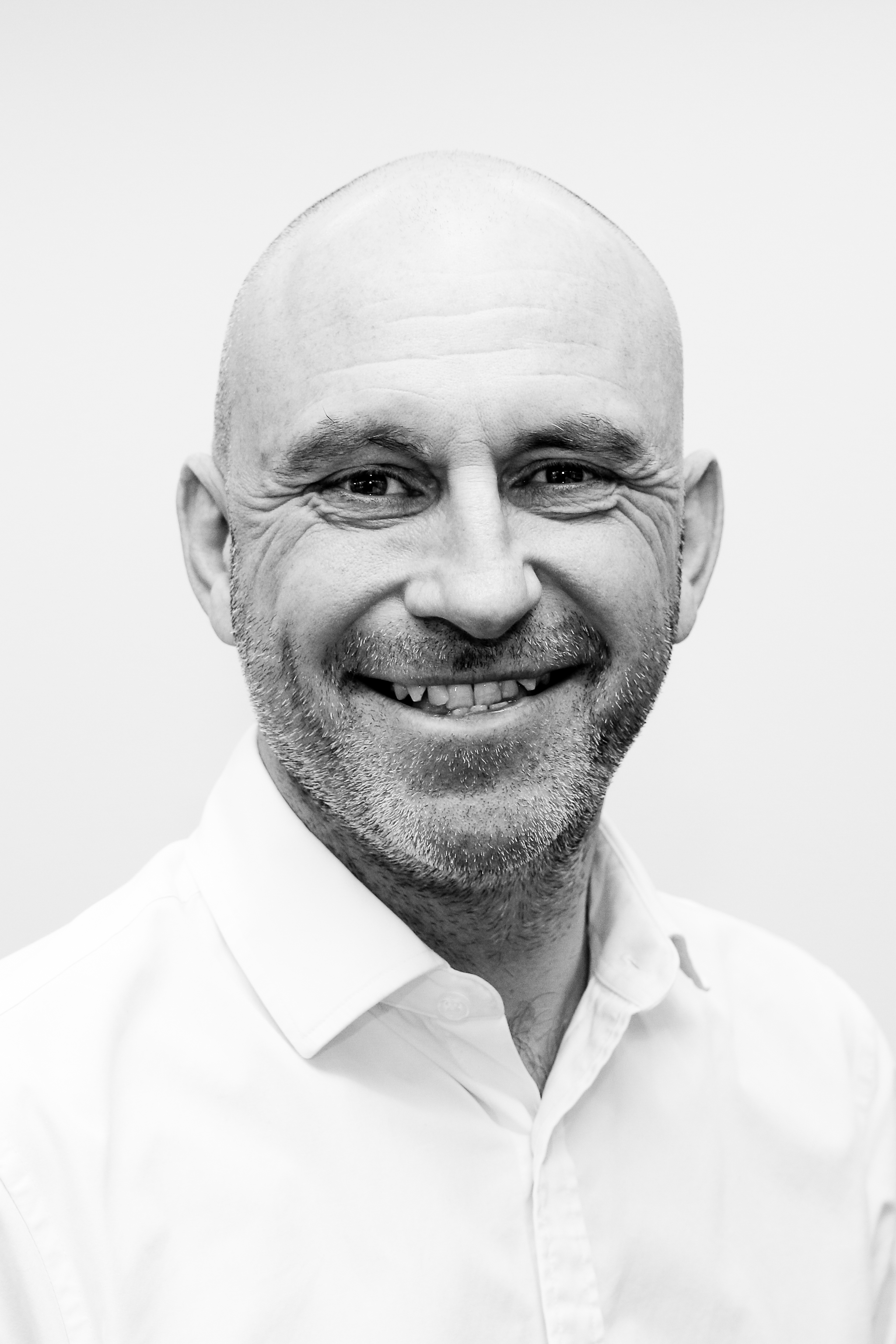
Steve Taylor
Joint chief strategy officer at VCCP Media
“Art in media planning is alive and well: BHF’s 24 Hours special, Organix’s pop-up toddler radio station on Heart, Domino’s blipverts. We’re good at art; we need to be much better at science.
“Science equals measurement and measurement is broken. We’re stuck between myopic attribution models and econometrics that draws a straight line through chaos and pretends this reflects reality. It’s not good enough.
“Machine learning is opening up a new world of media science, delivering richer predictive models. They’re much more useful, but harder for planners to understand. For those that can, they will open up a way for planners to be genuinely both artist and scientist.”
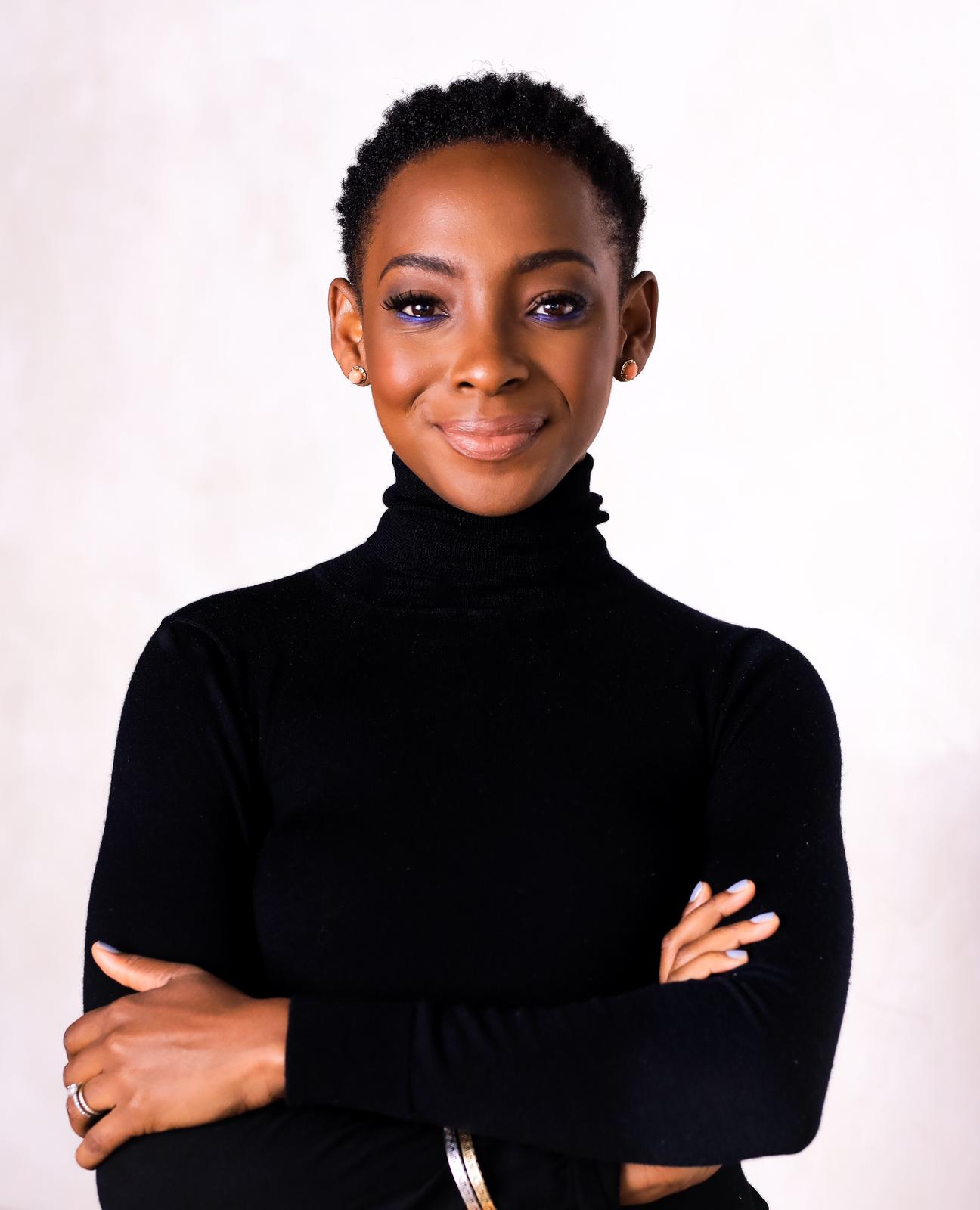
Yewande Ogunkoya
Media planning lead at Essence
“There is no denying that there’s increasingly science involved. The quantity and sophistication of data we have access to – and the challenges of being ethical stewards of that data – comes with a whole new set of challenges to solve.
“However at Essence, before we employ the data, we start with hypotheses. Hypotheses must be formed by what we know about people and human nature. We have a culture of using data to build the story, to test and to learn. However, bringing the elements of the plan together, considering the context in which media executions are experienced and infusing creativity are all key. Media Planning is a blend of both art and science.”

Paul Gayfer
Partner at Goodstuff Communications
“Media should forever be fuelled by science and data but ignoring its art can only lead to a future dominated by swathes of generic, indistinct brands over-optimising to failure.
“The right science in the right place is invaluable. The recognition and application of macro principles from the Ehrenberg Bass Institute, Binet & Field et al should be fundamental to creating guardrails for our thinking, alongside proven measurement methodologies, and effective short-term optimisation.
“However, the art of media planning and the instinct, experience, and ambition that it demands, is just as crucial in delivering long-term success. When taking informed leaps into the unknown, media has the power to create well-known, distinctive brands that can do everything from creating market leaders from challengers (see Yorkshire Tea’s long-term success) to standing out from a pack of copycat competitors (such as eve mattresses’ sleep activations).”
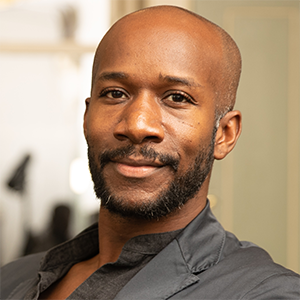
Dino Myers-Lamptey
Founder of The Barber Shop
“Media planning has long been an art masquerading as a science. While the tools we use to ‘plan’ are getting more sophisticated, there are still glaring gaps which make it often difficult to ‘buy’ what is ‘planned’. The result of this is that the ‘art’ of experience, knowing that attention is more powerful than eyeballs; the next buyer probably isn’t in your segmentation; spend correlates with growth, and knowing there are outliers who leap off the equilibrium line by not conforming to the science, and investing in the art.
“As Kantar have researched, creative quality is a 5-10x multiplier of advertising profitability, above audience, multimedia, phasing, and brand vs product debates. So, the science of media planning should be in knowing that the art is far more powerful than the science has led us to believe.”
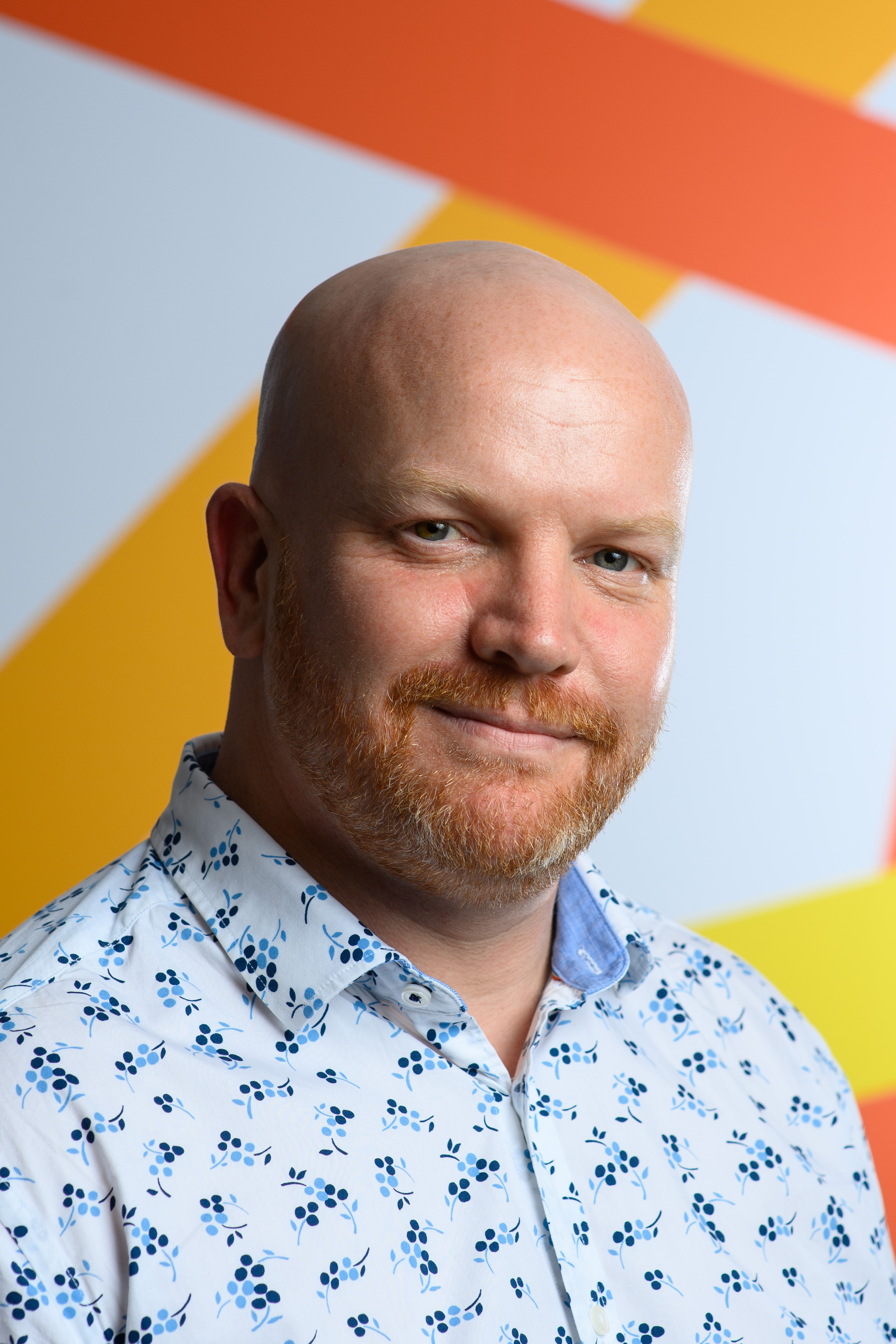
Dan Plant
Executive head of strategy at Starcom
“Science is the study of cause and effect, the process of identifying phenomena and understanding why they happen. In the world of media planning, we have got better at identifying some causal links between advertising and sales but because we are dealing with the fickle nature of human beings, that causation is a constantly moving feast and we are left with huge gaps in what we actually know is true vs what we think might be happening.
“Interpreting the spaces between that knowledge and creatively leveraging that insight is the “art” of media planning and the only source of competitive advantage. Anyone who thinks we can do without it will just end up optimising an ever-shrinking pool of prospects.”
SEE THE FUTURE OF MEDIA
October’s two-day Future of Media conference in London explores eight key themes as part of a unique and business-critical agenda for the advertising and media industry. For more information on media planning and the other key themes check out the event website here.



